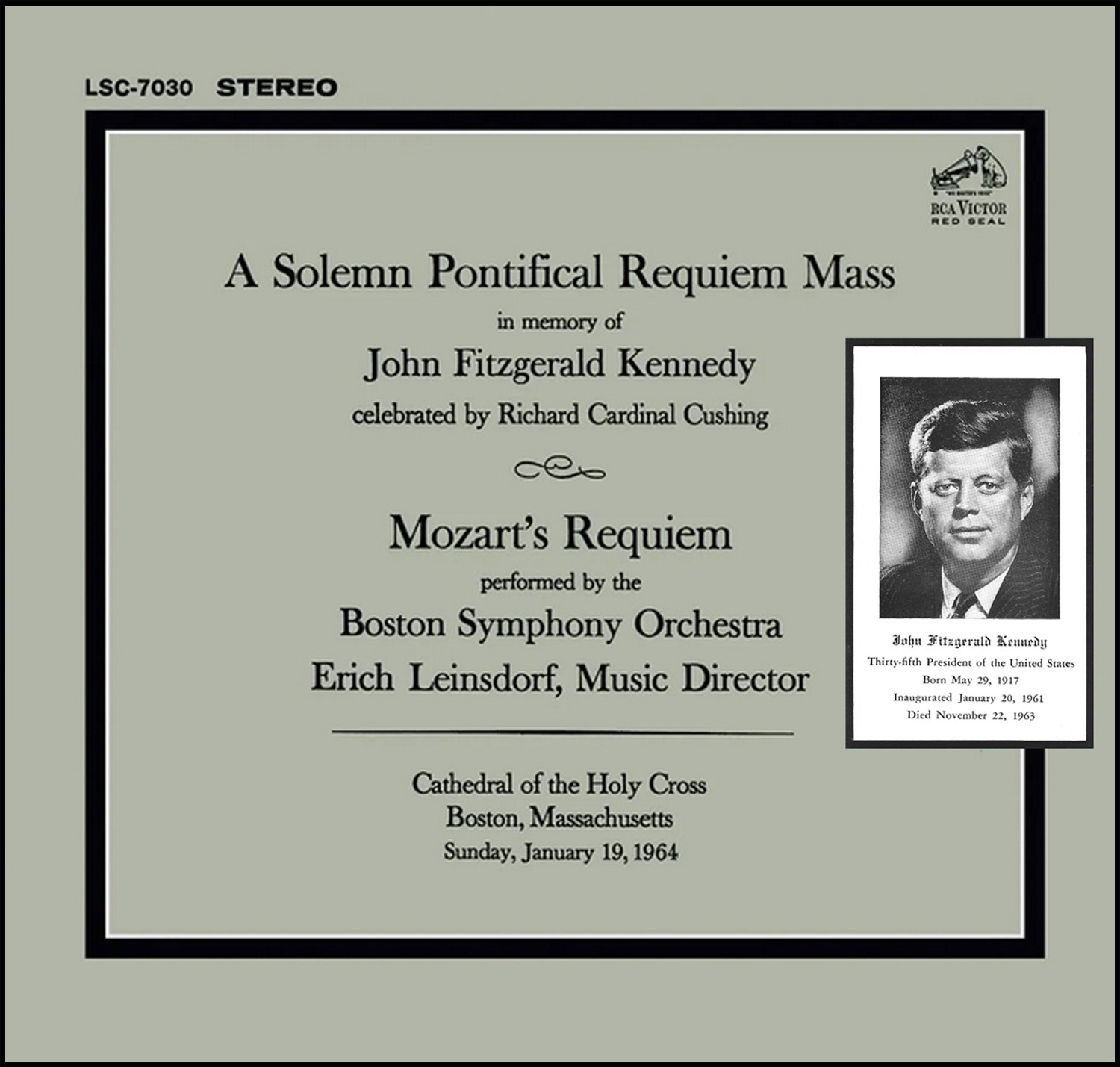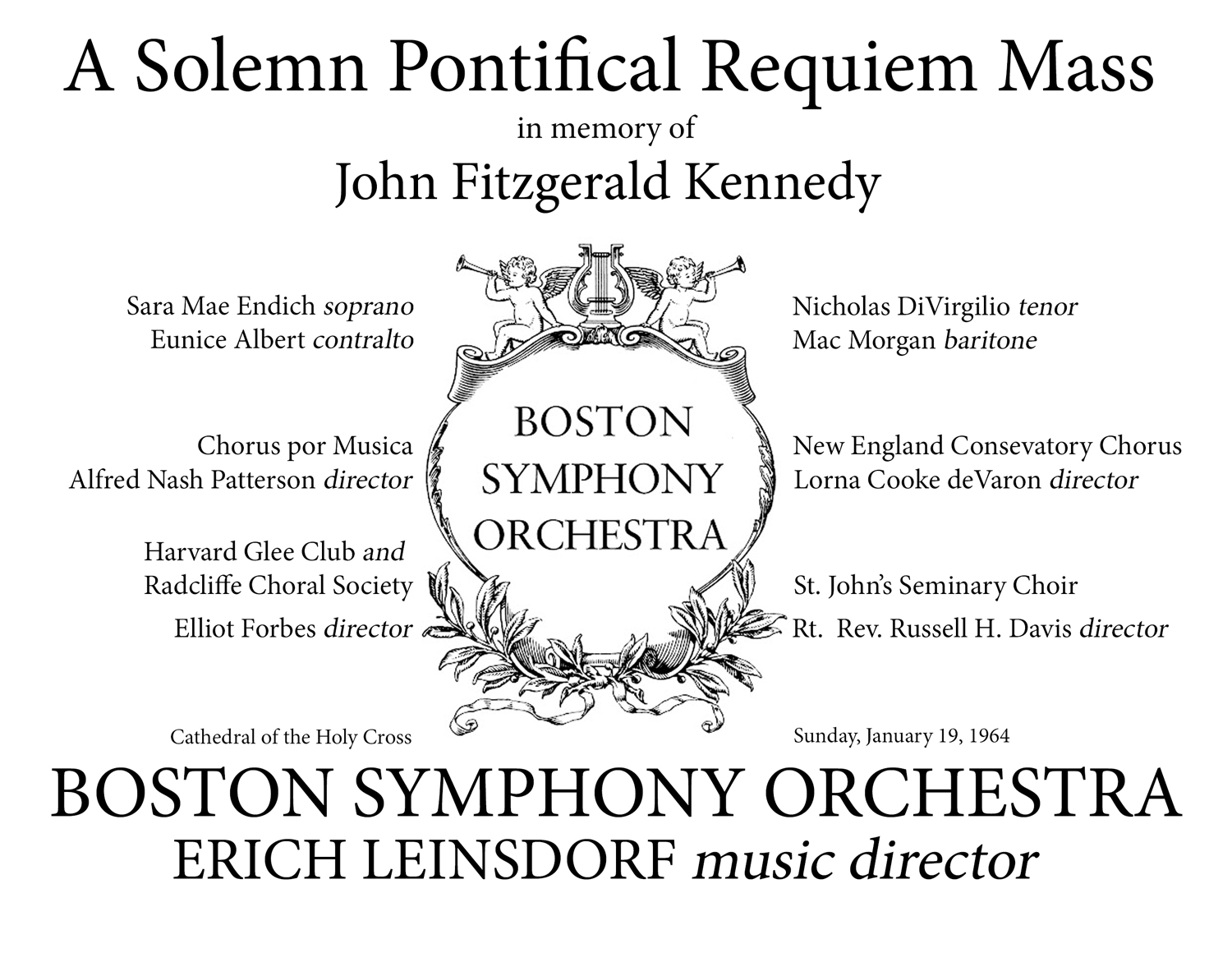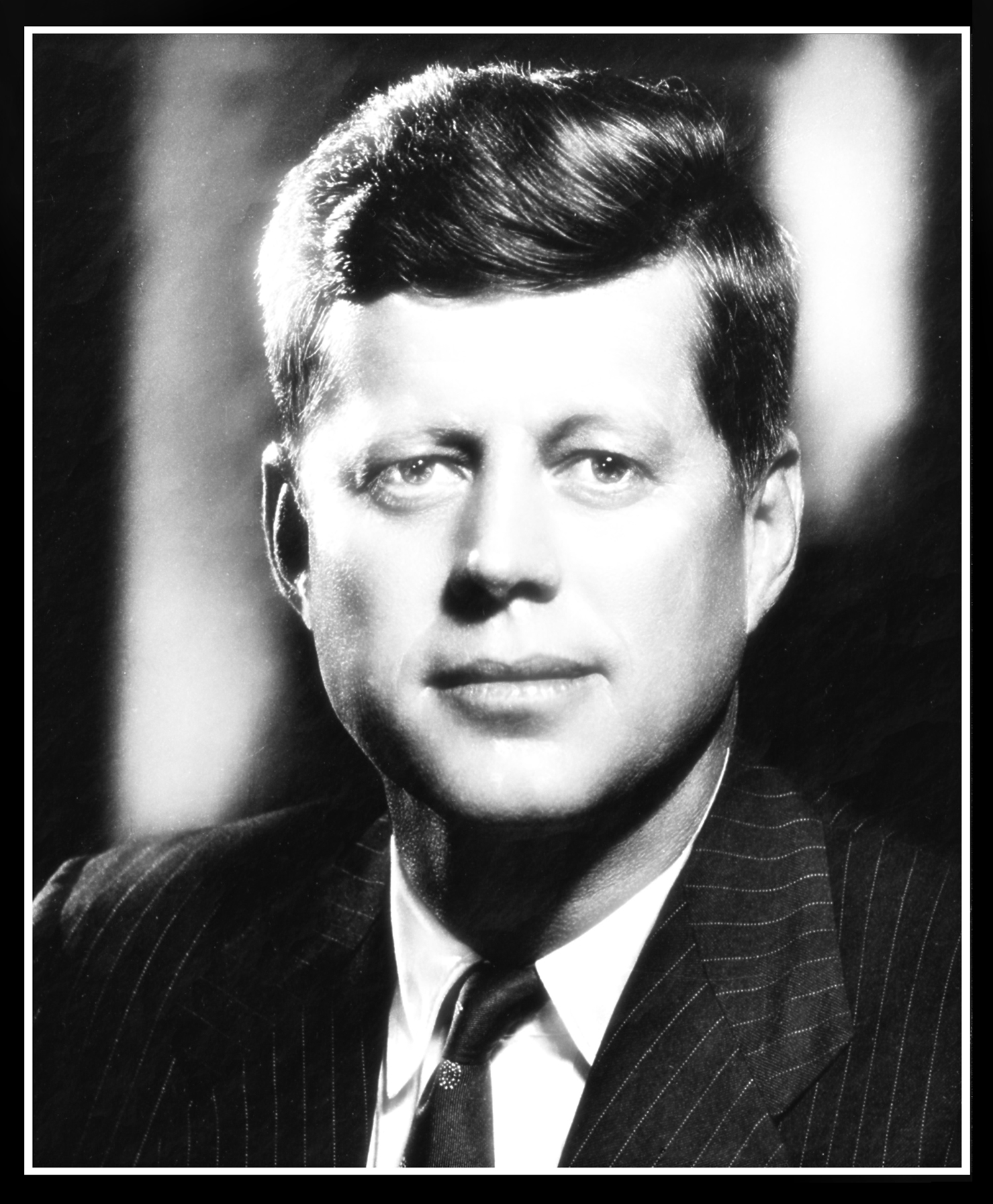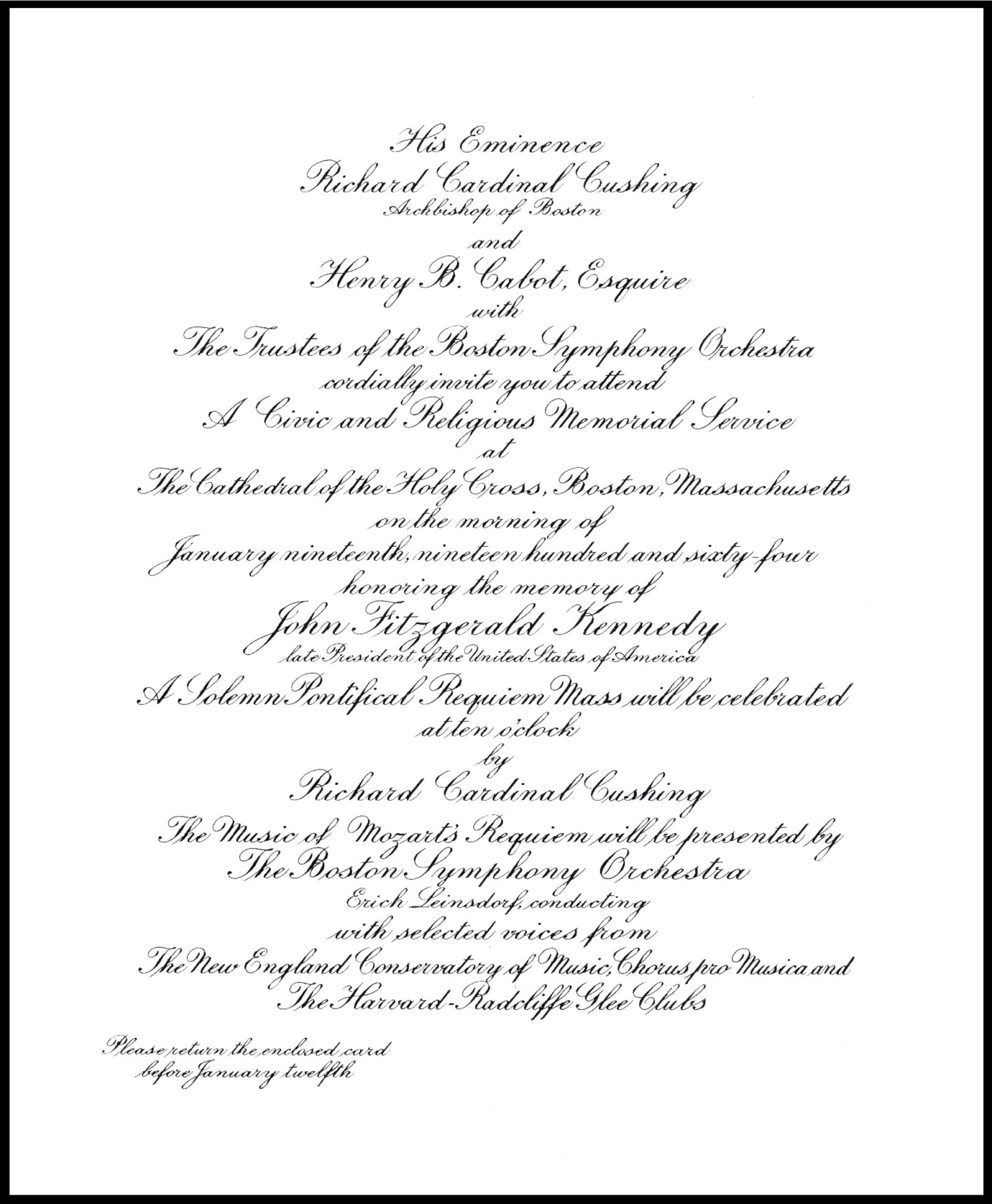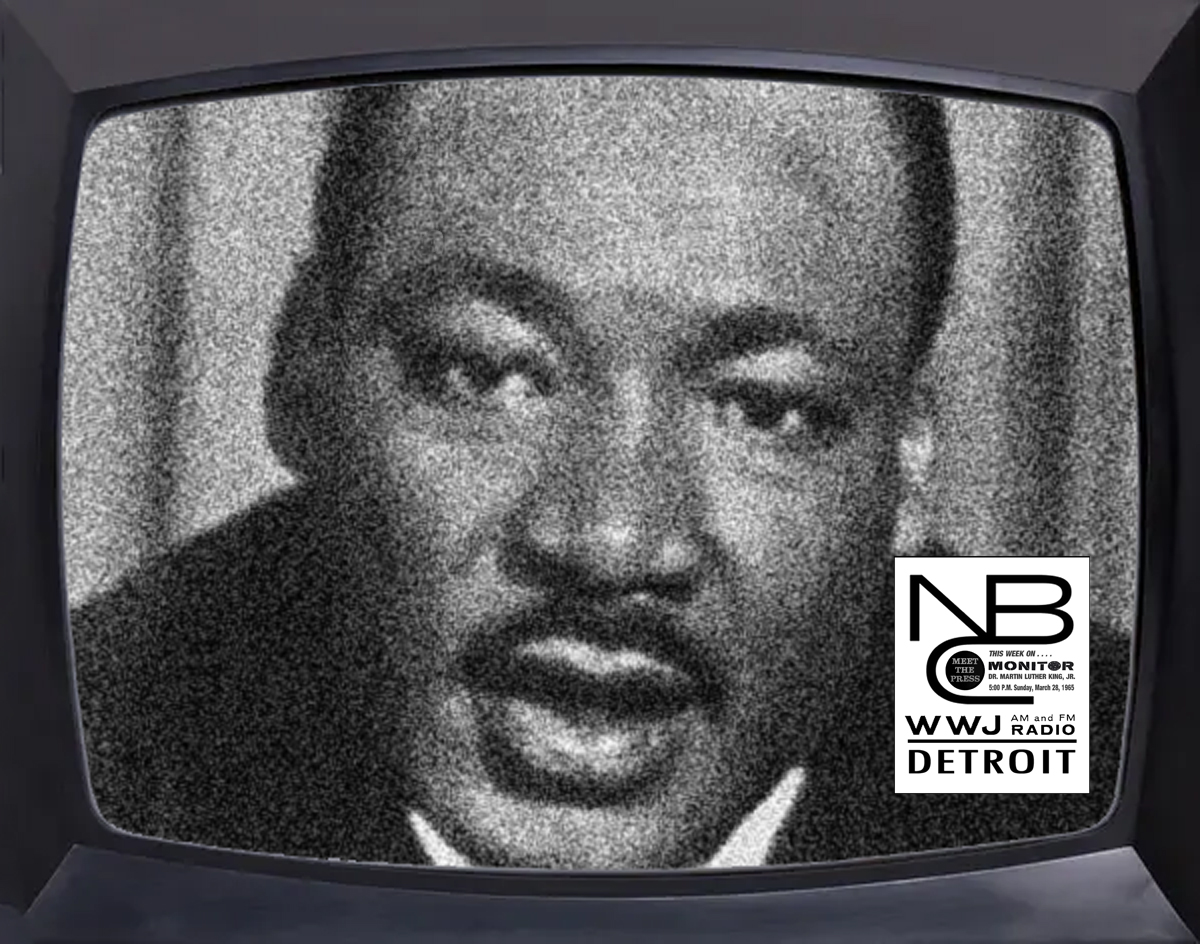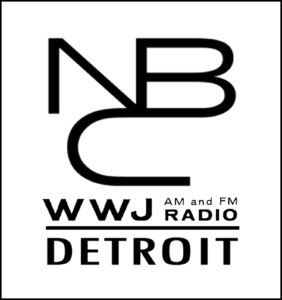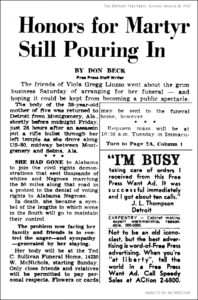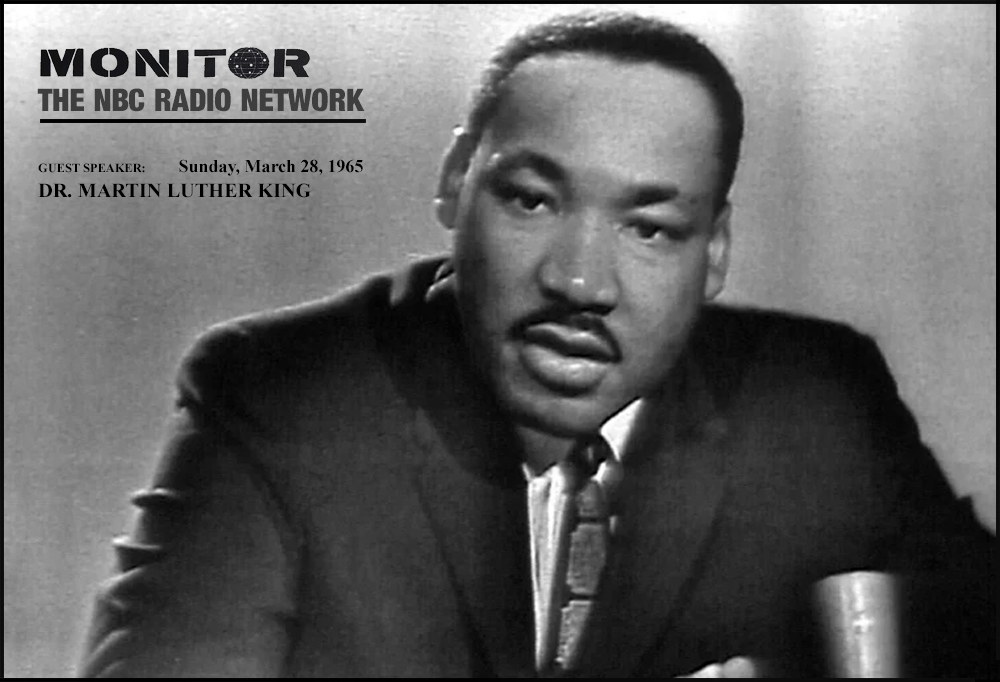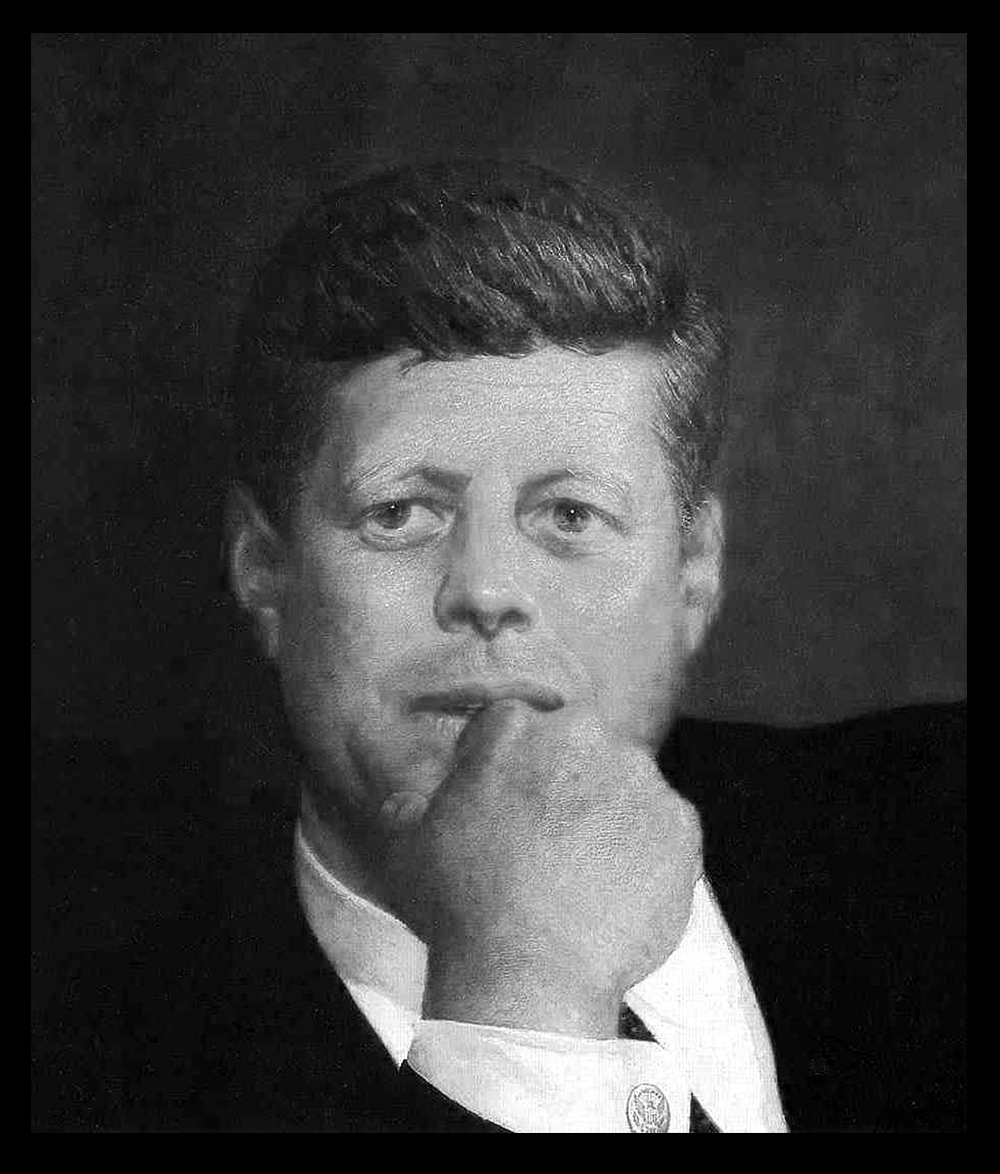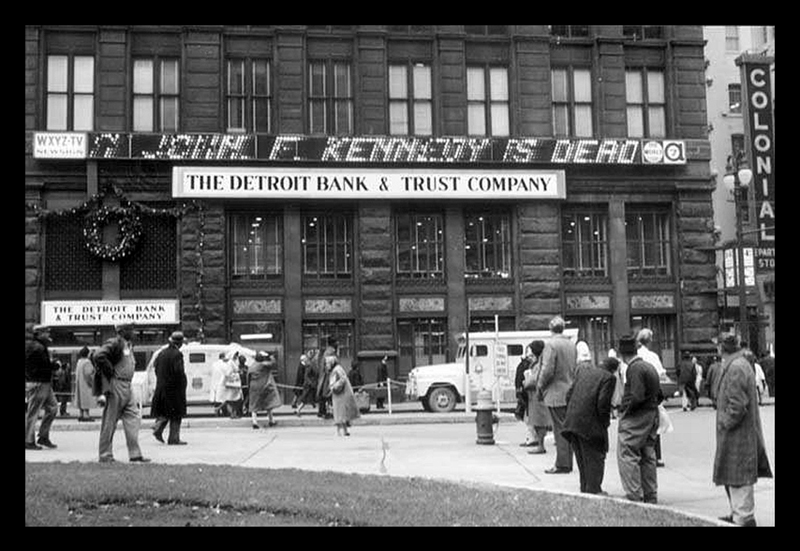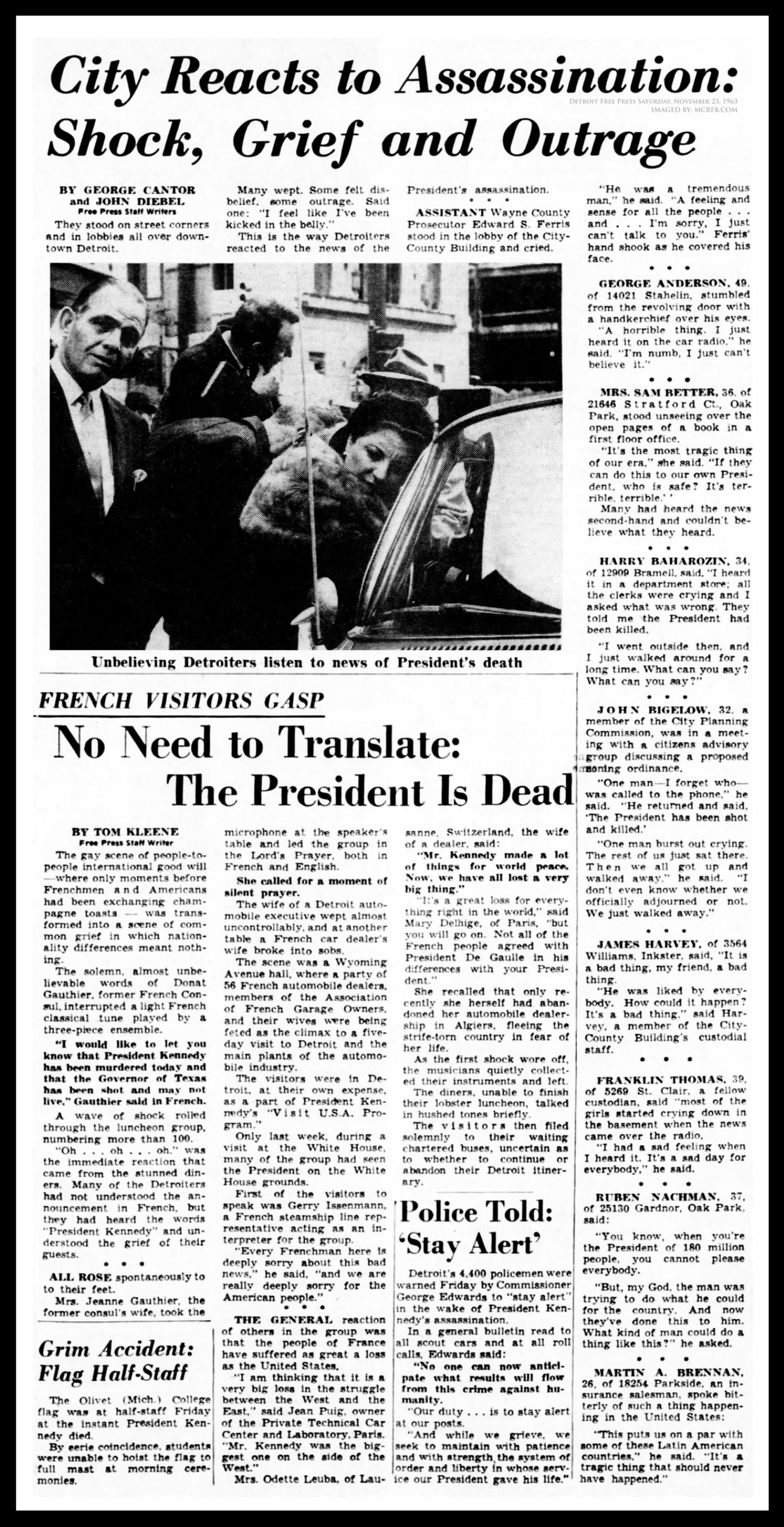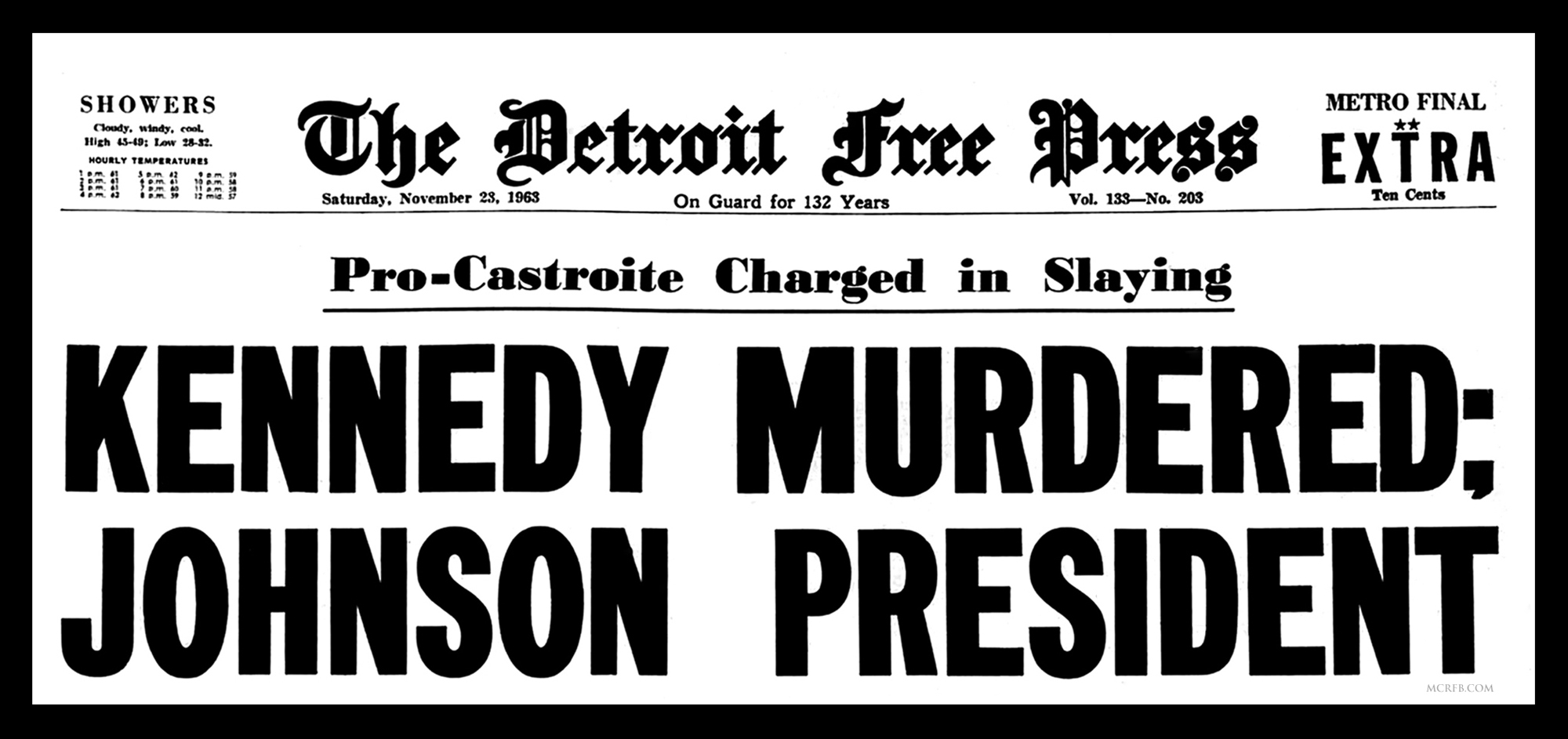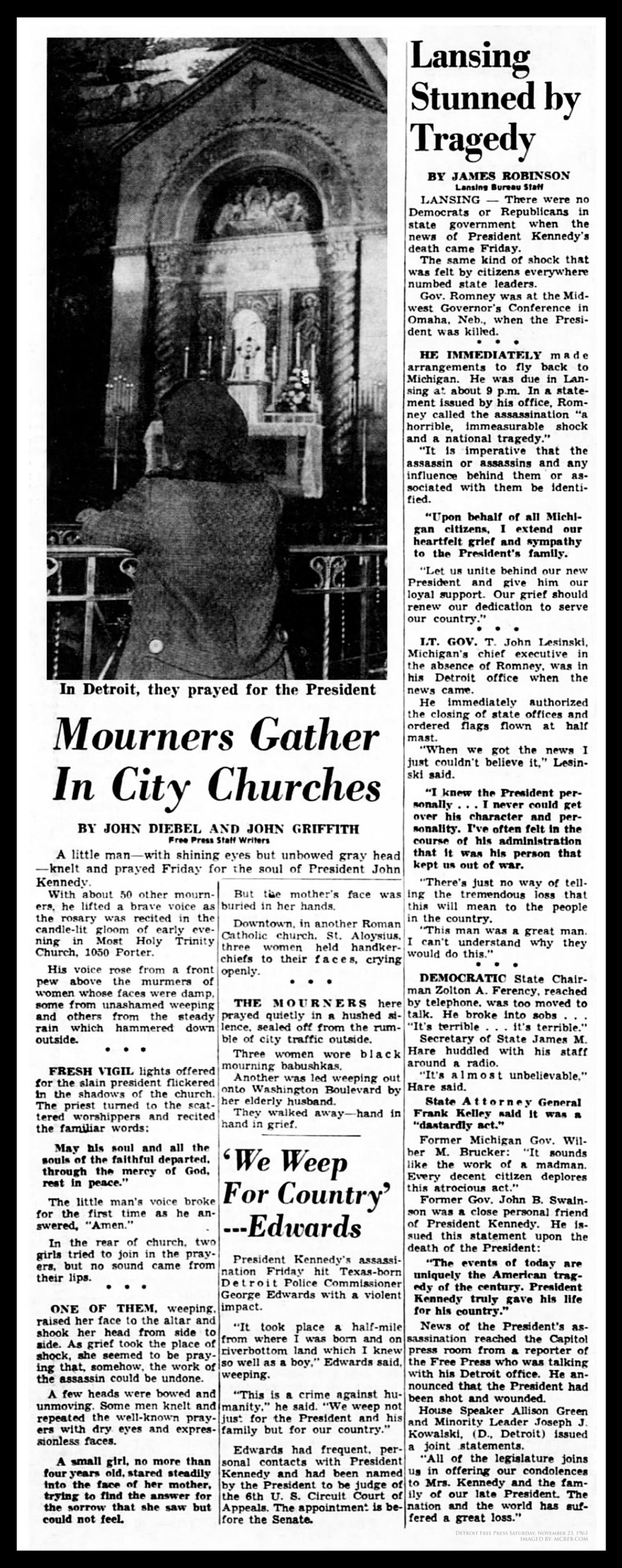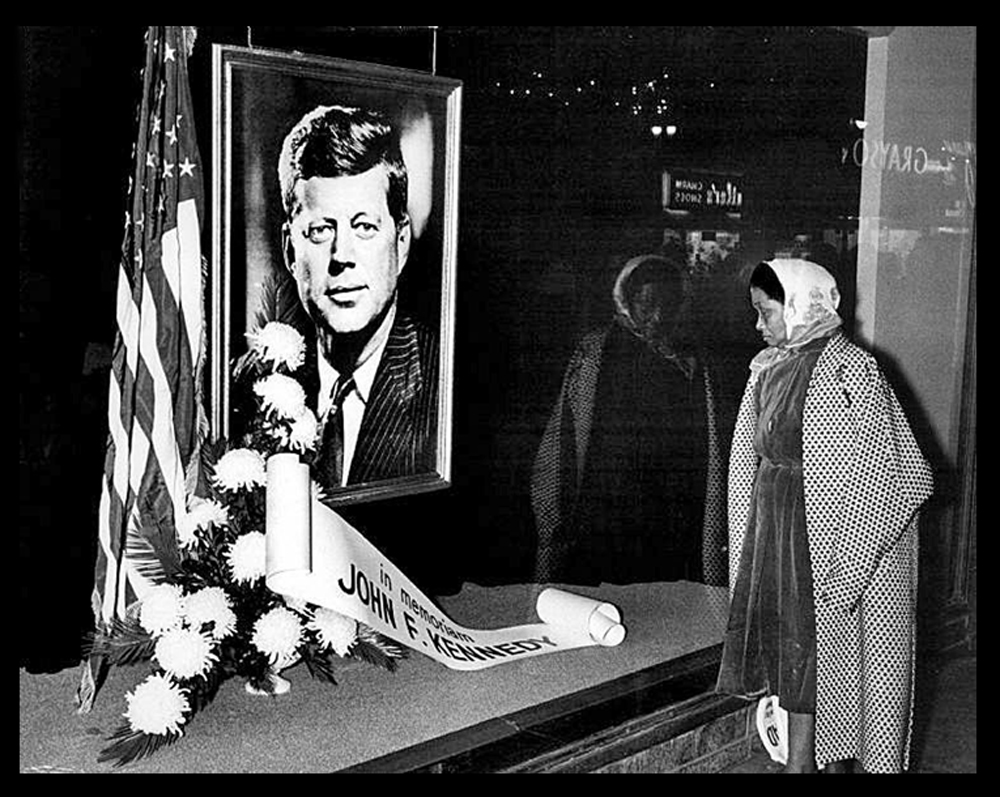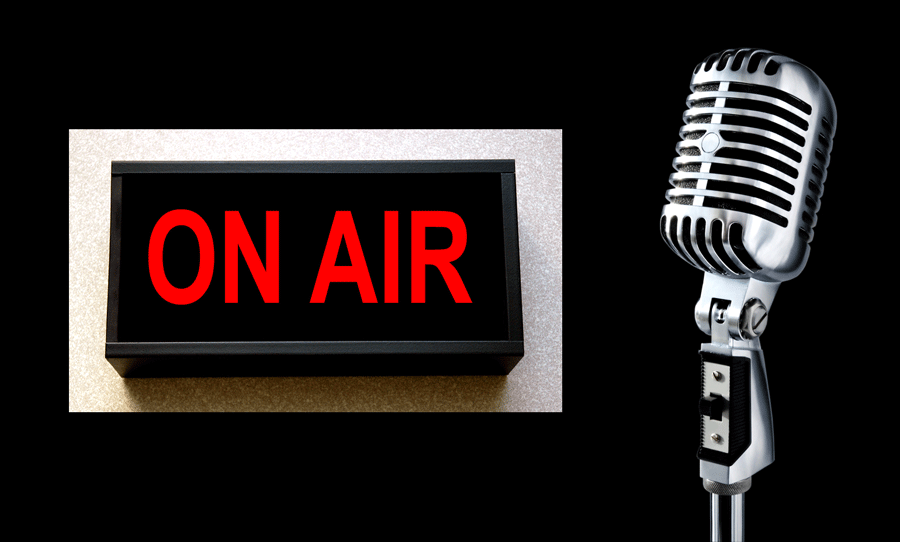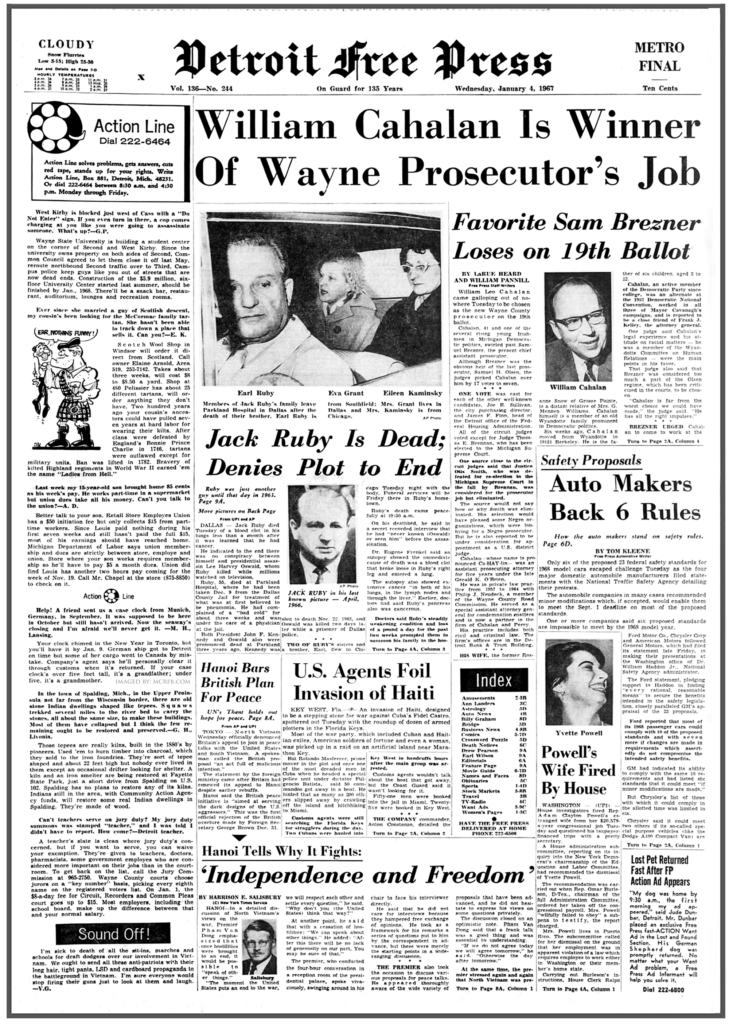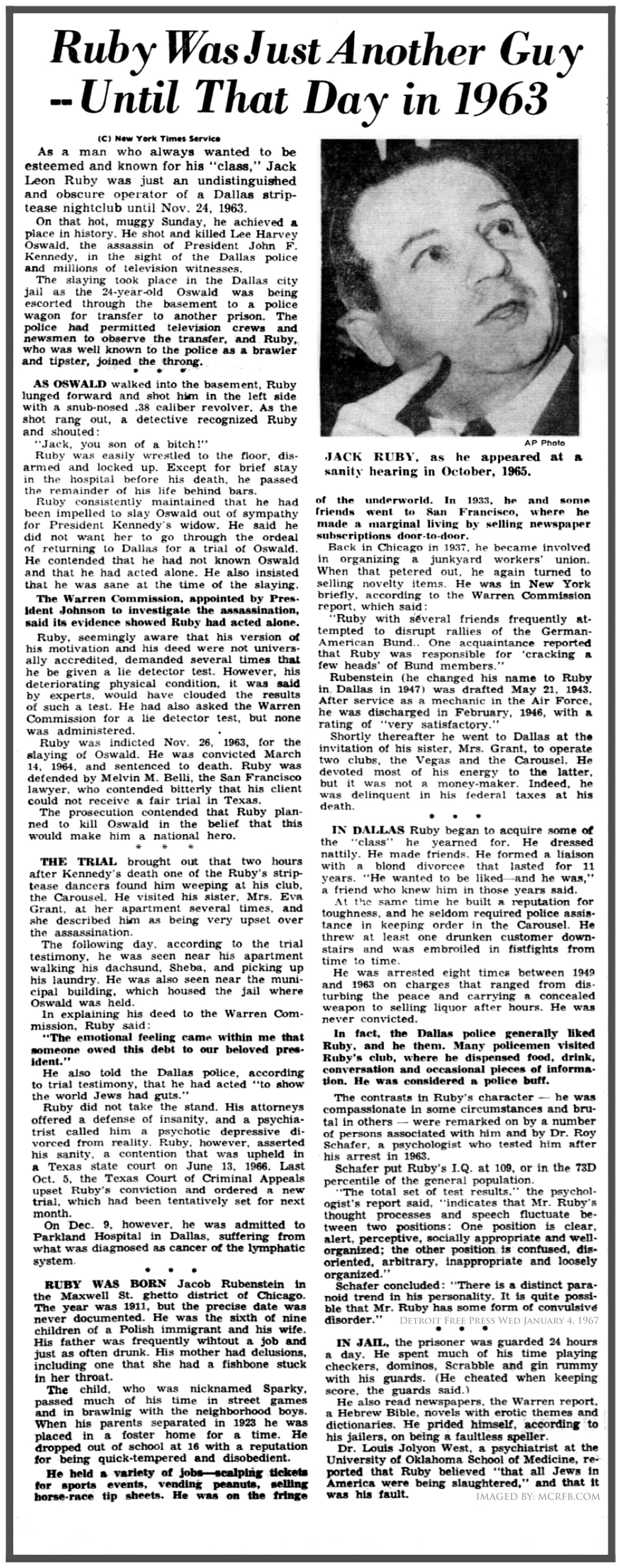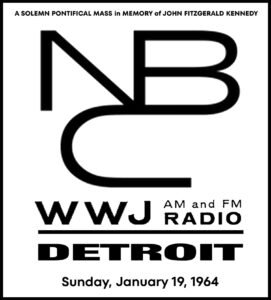 It could have been for no one else, for it was like the man. It had great dignity, great beauty, great style, great quality.
It could have been for no one else, for it was like the man. It had great dignity, great beauty, great style, great quality.
And it was done in the city that was proudest of him.
They were not all his friends, those who came. Some were But he would have known most of them by name, for they were a most distinguished group who climbed the steps of the Holy Cross Cathedral on the sun-drenched morning for the solemn pontifical Mass of requiem for John Fitzgerald Kennedy, celebrated by his friend, Cardinal Cushing, who beamed after the ceremony was over.
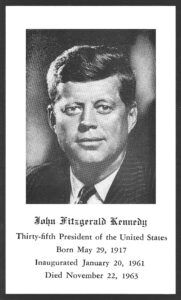 He would have liked to, the people who did not have tickets to a pew in the cathedral and who waited, nine deep, outside on Washington St. just to get a glimpse of his wife; his mother, Mrs. Rose Kennedy; his senator-brother, Edward, and the others.
He would have liked to, the people who did not have tickets to a pew in the cathedral and who waited, nine deep, outside on Washington St. just to get a glimpse of his wife; his mother, Mrs. Rose Kennedy; his senator-brother, Edward, and the others.
He would have had a special salute for them, that slight wave of the hand. And he would have smiled at the cardinal, who beamed after the ceremony was over, and said: “Haven’t I got a lot of nerve to sing along with those people.”
But as the Boston Symphony Orchestra director, Eric Leinsdorf, reminded the cardinal: “It’s the heart which counts, rather than the voice.”
John Kennedy was not what you would call a connoisseur of the musical classics. He liked music, and wherever he went as President he brought with him a phonograph that played nearly constantly in his room.
His selections of recordings was mostly those of his era, and some called them square. But he had fine taste.
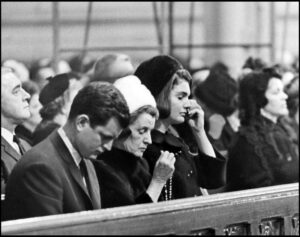
He would have appreciated the magnificent compositions of Mozart’s Requiem Mass in D Minor by the 55 musicians of the Boston Symphony Orchestra, the 180 voices of the three choral groups and the responses in the Mass by the seminarians from St. John’s.
He would have been pleased too, that his wife was pleased. He fully appreciated her taste in the classics. At the conclusion of the Mass she walked across the front of the church and thanked Leinsdorf. She called his work “magnificent.” This was the way it was in the church and on television — even for those with an untrained ear.
As one of the distinguished symphony patrons put it as he walked through the door of the cathedral at the conclusion of the Mass:
“I have never heard anything like it in any church, any place in the country.”
For th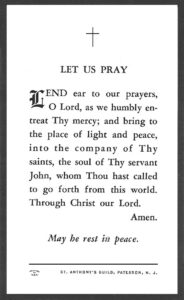 e Catholics who attend Mass every Sunday there had never been anything like it in this country either. The requiem had been performed in Vienna at St. Stephen’s Cathedral in 1956 on the 200th anniversary of Mozart’s birth, but it was the first time it had been done in a church in the United States — while millions watched the Mass on (NBC) television in their homes.
e Catholics who attend Mass every Sunday there had never been anything like it in this country either. The requiem had been performed in Vienna at St. Stephen’s Cathedral in 1956 on the 200th anniversary of Mozart’s birth, but it was the first time it had been done in a church in the United States — while millions watched the Mass on (NBC) television in their homes.
[Note: The NBC televised Mass (Detroit; WWJ-TV 4) was also simultaneously broadcast live over the NBC Radio Network, including WWJ-FM 97.1 in Detroit. The recorded audio is exclusively featured for this presentation, below.]
John F. Kennedy admired talent. It was why he opened the White House to it during his short administration.
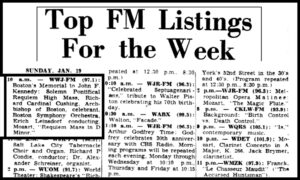
He told the Nobel Prize winners gathered in the great East Room one night that the White House had not seen such great talent since Thomas Jefferson dined there alone. It was another sad day who were close to John Kennedy –those who had worked next to him during the political campaigns and while he was President.
There was Cong. Torbert MacDonald, who was a close Harvard friend in college days and who served with him in Congress; there was former Senator Benjamin A. Smith, who worked the streets of Wisconsin and West Virginia during the 1960 primary campaigns, and there were Theodore Sorensen, who served as his right arm in the Senate and in the White House. Some of them, such as Sorensen, walked into the church virtually unnoticed by the people around them.
But as the cardinal said, there was a “beauty in this morning.”
_______________
![]()
![]() ______________________________
______________________________
Motor City Radio Flashbacks presents A Solemn Pontifical Requiem Mass in memory and in observance of the May 29, 1917 birth of John Fitzgerald Kennedy. One hundred and seven years ago, today.
The live broadcast aired on WWJ FM, Detroit, Sunday morning, 10 a.m., January 19, 1964.
Article featured published in the Boston Globe, Monday, January 20, 1964. Photo credit: Boston Globe
The John F. Kennedy Memorial prayer card (featured in the article) is from the Jim Feliciano collection.
_________________________________
 This January 19, 1964 NBC radio broadcast serves as our special tribute to President Kennedy’s memory, on this day, May 29, 2024. The program presented today, marks 60 years since the broadcast first aired. Having been in our archives for five years, we are featuring this recording for this occasion, and for the very first time.
This January 19, 1964 NBC radio broadcast serves as our special tribute to President Kennedy’s memory, on this day, May 29, 2024. The program presented today, marks 60 years since the broadcast first aired. Having been in our archives for five years, we are featuring this recording for this occasion, and for the very first time.
The Sunday, January 19, 1964, NBC television and radio broadcast was recorded at the Cathedral of the Holy Cross, Boston, Massachusetts, by RCA Victor. Recorded in stereo. RCA (see album cover at top) first released the recordings with a 2-LP record set — LSC-7030 — February 1964.
Produced by Richard Mohr. Recording engineered by Lewis Layton.
 ______________________________
______________________________
![]()
